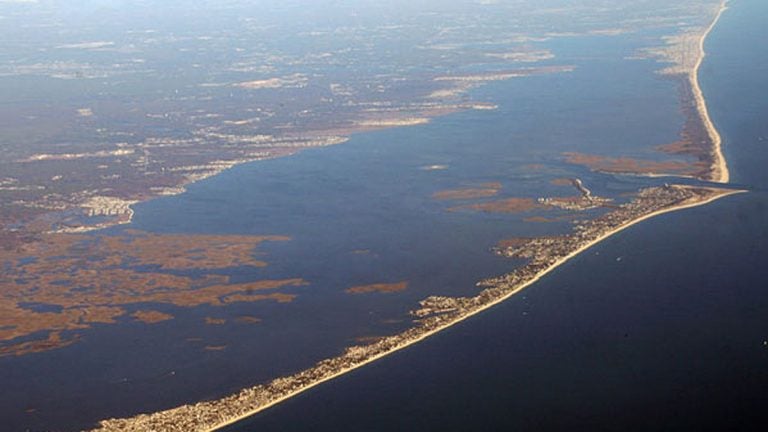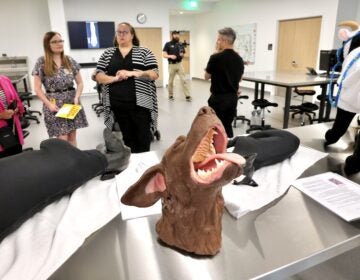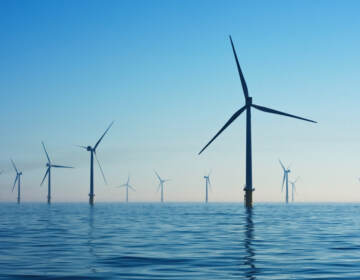New Jersey lawmakers revive debate on whether Barnegat Bay needs help

Still worried about the long-term health of Barnegat Bay, lawmakers are once again looking to the state to take more aggressive action to curb the amount of pollutants flowing into the waterway.
This afternoon, the Assembly Environment and Solid Waste Committee is expected consider legislation (A-2404) that would direct the state Department of Environmental Protection to conduct a study of the bay, and if it determines it is impaired, to develop a so-called pollution diet to limit runoff into its waters.
The bill is identical to a measure already approved by the Senate Environment and Energy Committee and similar to another bill previously conditionally vetoed by Gov. Chris Christie and eventually died five years ago.
Barnegat Bay, a widely recognized jewel of the Jersey Shore and a critical cog in the state’s multibillion dollar tourism industry along the coast, has longstanding problems jeopardizing its viability.
Most of those problems have been well documented. The bay has been overloaded with nutrients, primarily nitrogen and phosphorous. That leads to eutrophication, which results in rapid algae blooms that upset the bay’s delicate ecological balance.
The process causes a sharp decline in eel grass, an important habitat for marine life, steep drops in clam populations, and an increase in sea nettles, a type of jellyfish, that has made impossible to wade or swim in some parts of the shallow bay.
In recent years, a by the Rutgers Institute of Marine and Coastal Sciences suggested those problems are worsening. The study, disputed by the DEP, said the bay’s condition is declining, blaming it on overdevelopment along the coast, which leads to runoff polluting its waters.
Sen. Bob Smith (D-Middlesex), who is a sponsor of the Senate version, said it is now time to act when the bill came up for a vote in his committee.
“It’s now 2016,’’ he said. “Does anyone here believe Barnegat Bay is in better shape today than it was in 2010?’’
Sen. Kip Bateman (R-Somerset) agreed. “Barnegat Bay is dying. We should have acted years ago,’’ he said.
The DEP, as has been its custom in the past few years, did not appear at the Senate committee, but sent a letter to the panel saying it is still evaluating the science of the issues affecting the bay, which will allow the agency to identify the type of nutrient loading going into its waters.
Environmentalists generally backed the bill, saying the failure to try and control runoff into the bay is a universally recognized problem that needs to be addressed. But the Pinelands Preservation Alliance said there is enough science to warrant action now, suggesting that the requirement in the bill mandating another study be eliminated.
“Everyone knows the biggest problem with Barnegat Bay is overdevelopment,’’ said David Pringle, campaign director of Clean Ocean Action. “It’s really the only way we are going to fix the bay.’’
The committee unanimously voted out the bill with one amendment, which requires the DEP to develop nutrient standards for marine waters in the state, not only Barnegat Bay.
WHYY is your source for fact-based, in-depth journalism and information. As a nonprofit organization, we rely on financial support from readers like you. Please give today.




